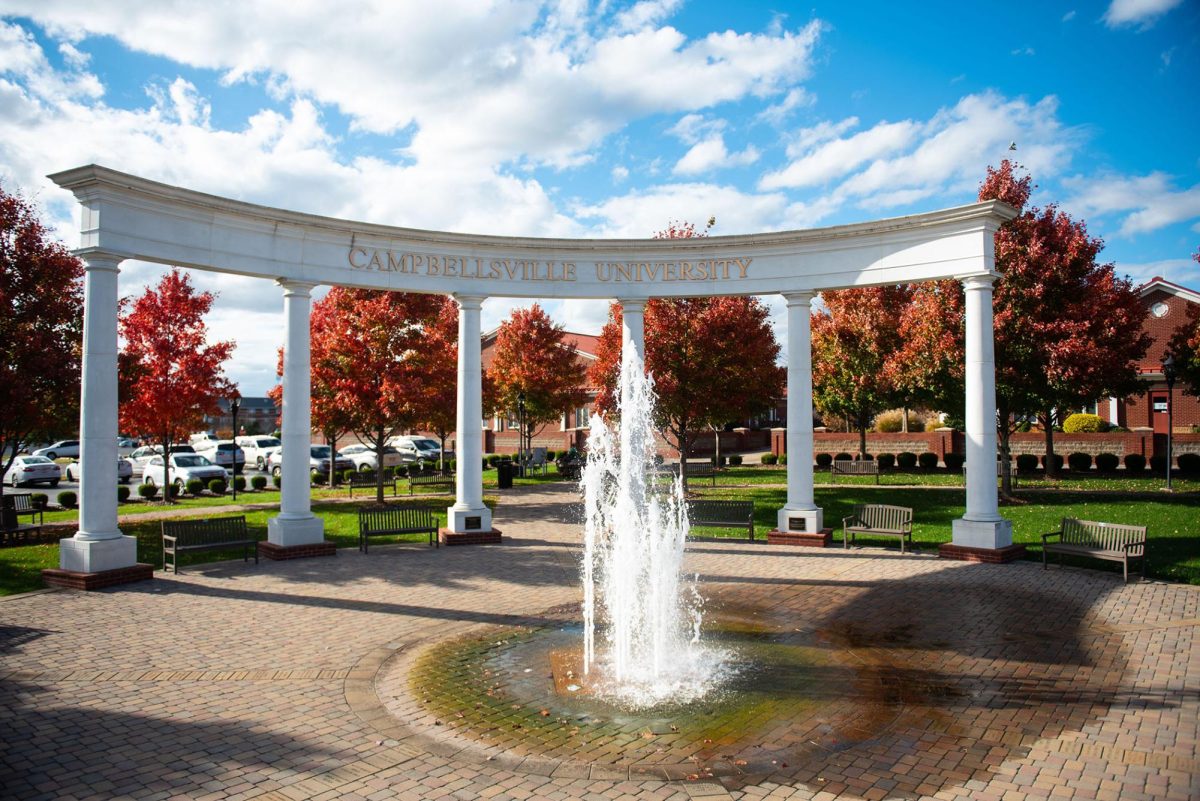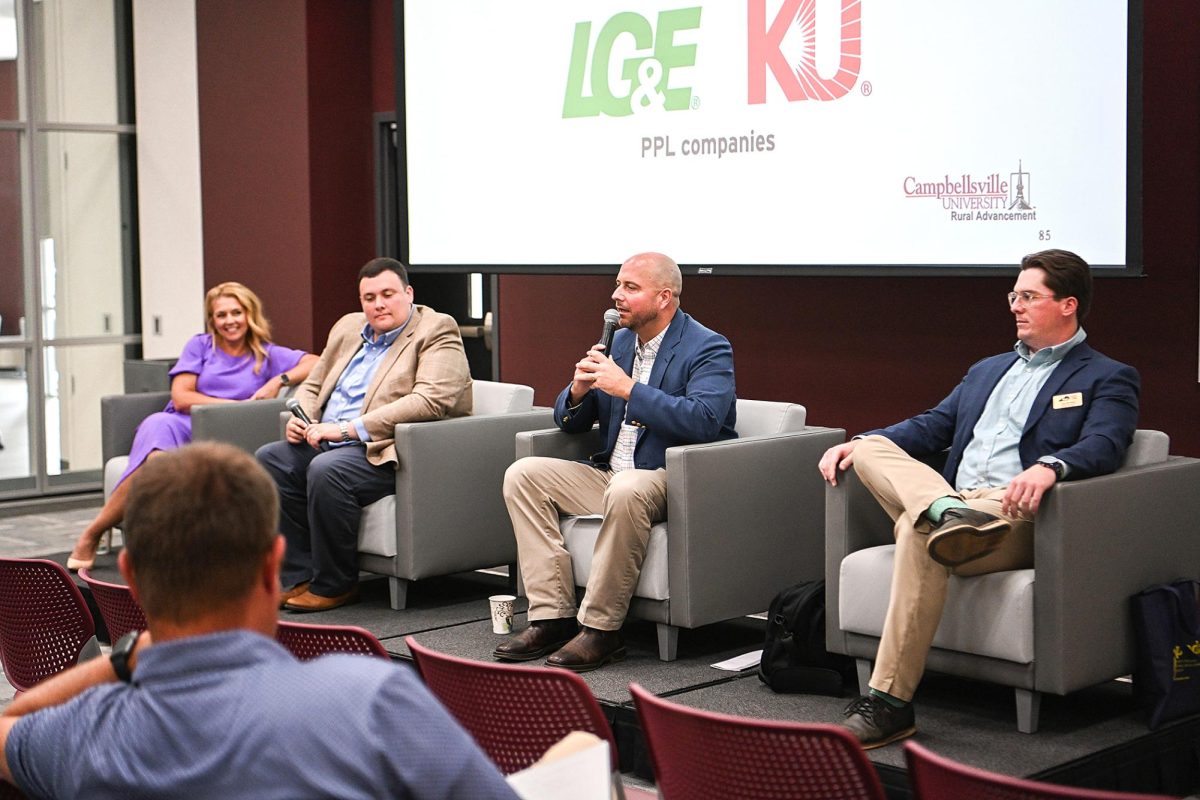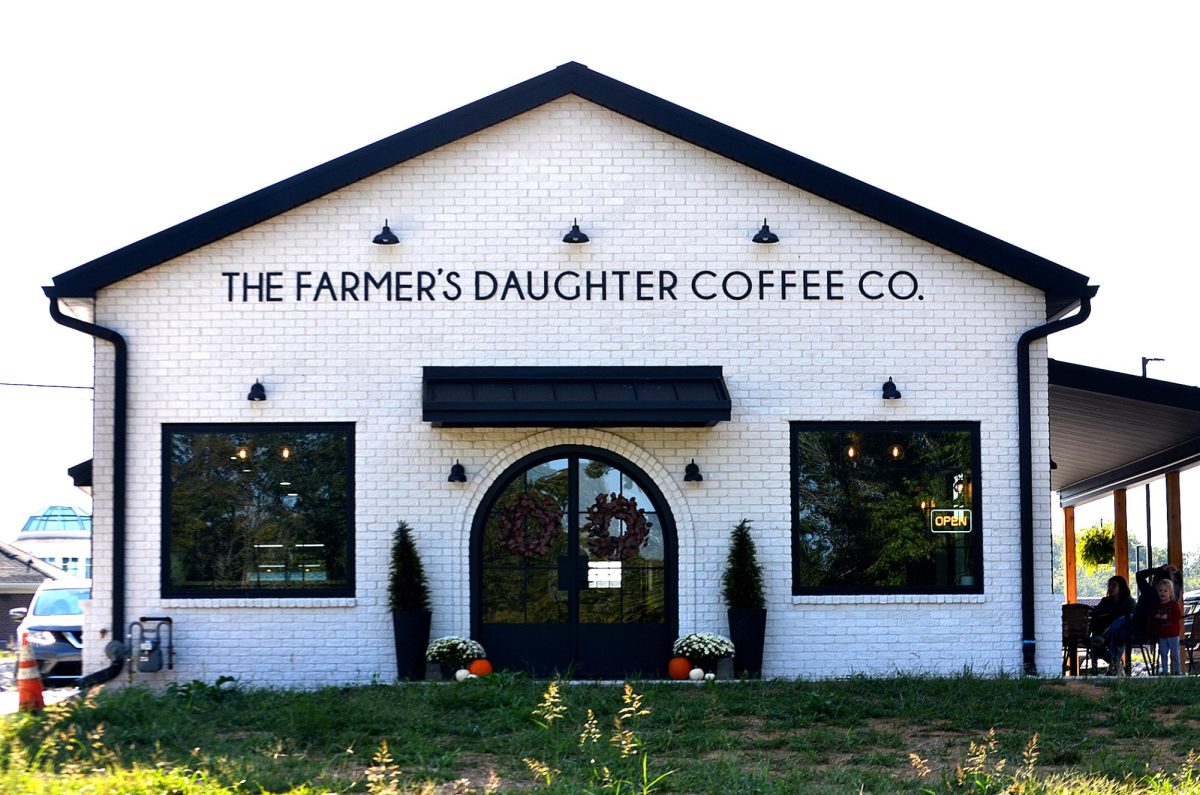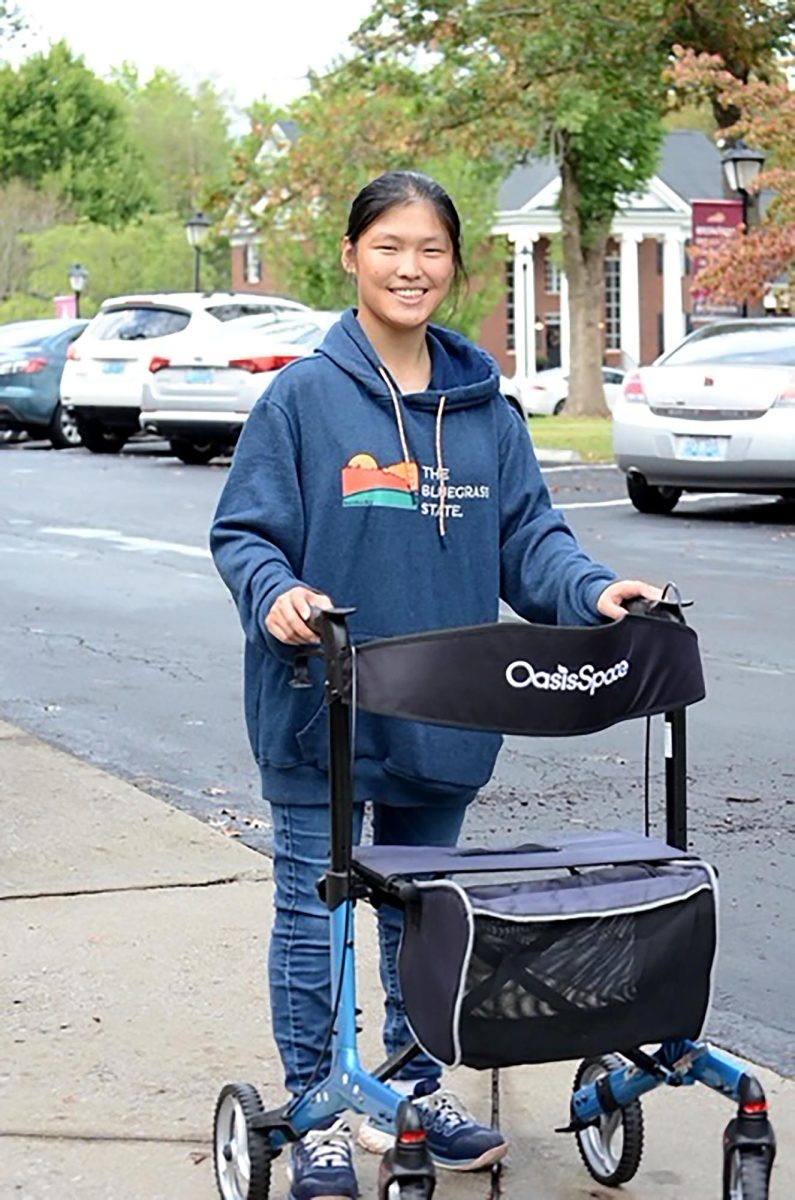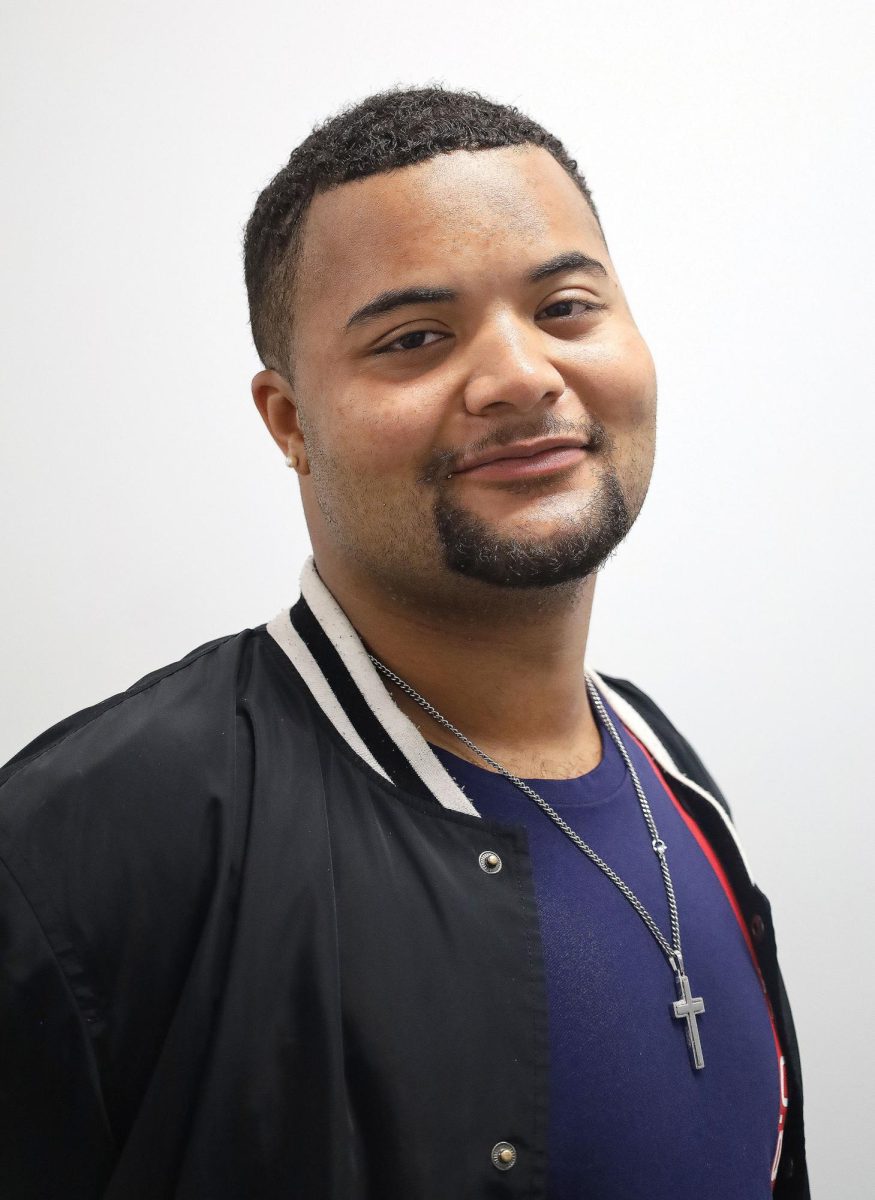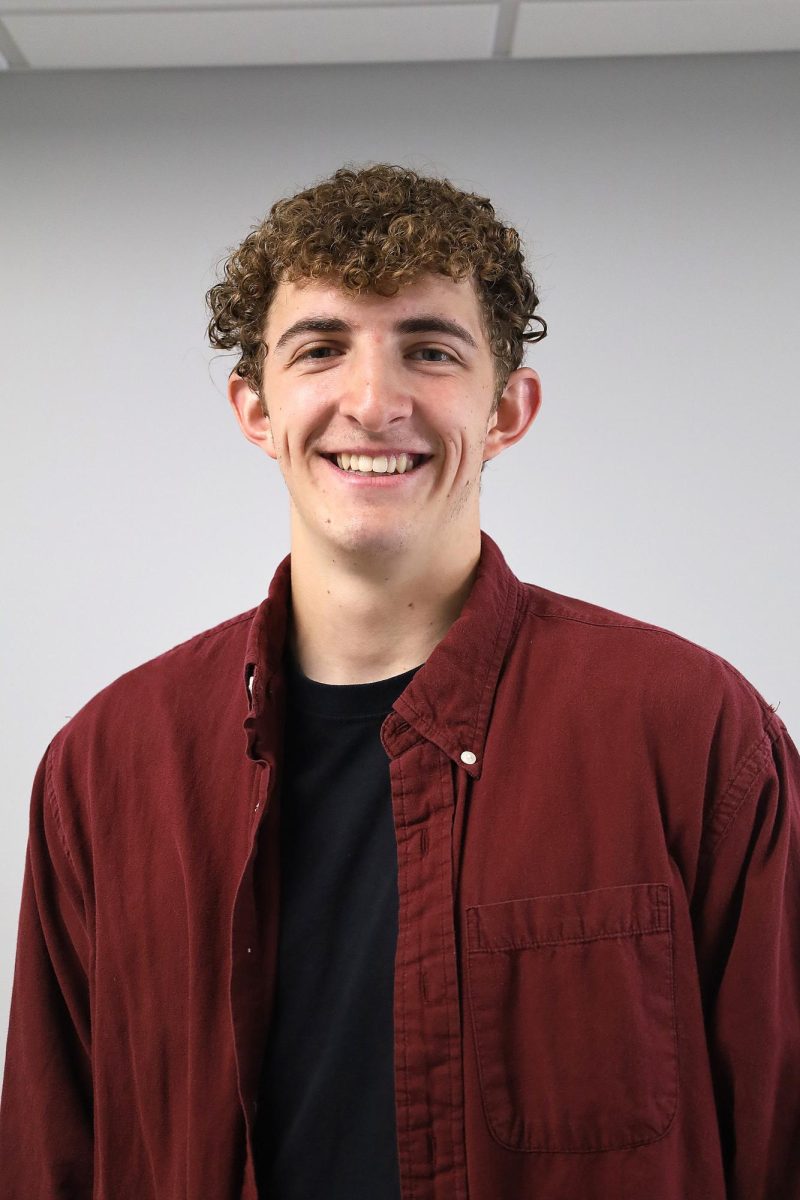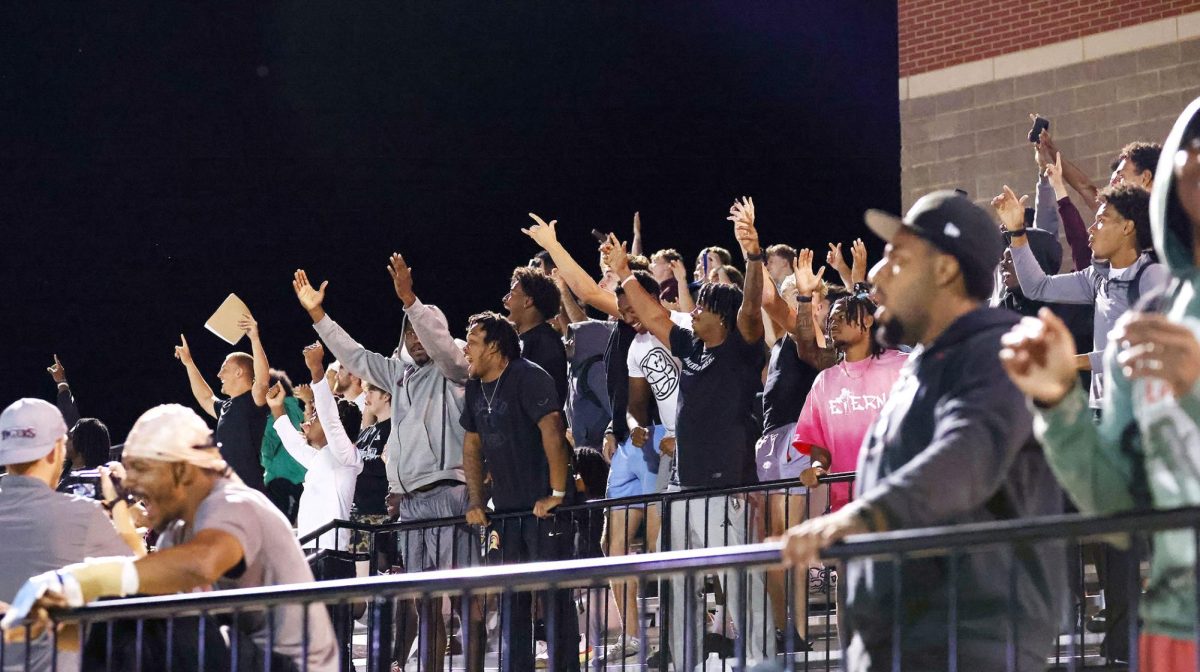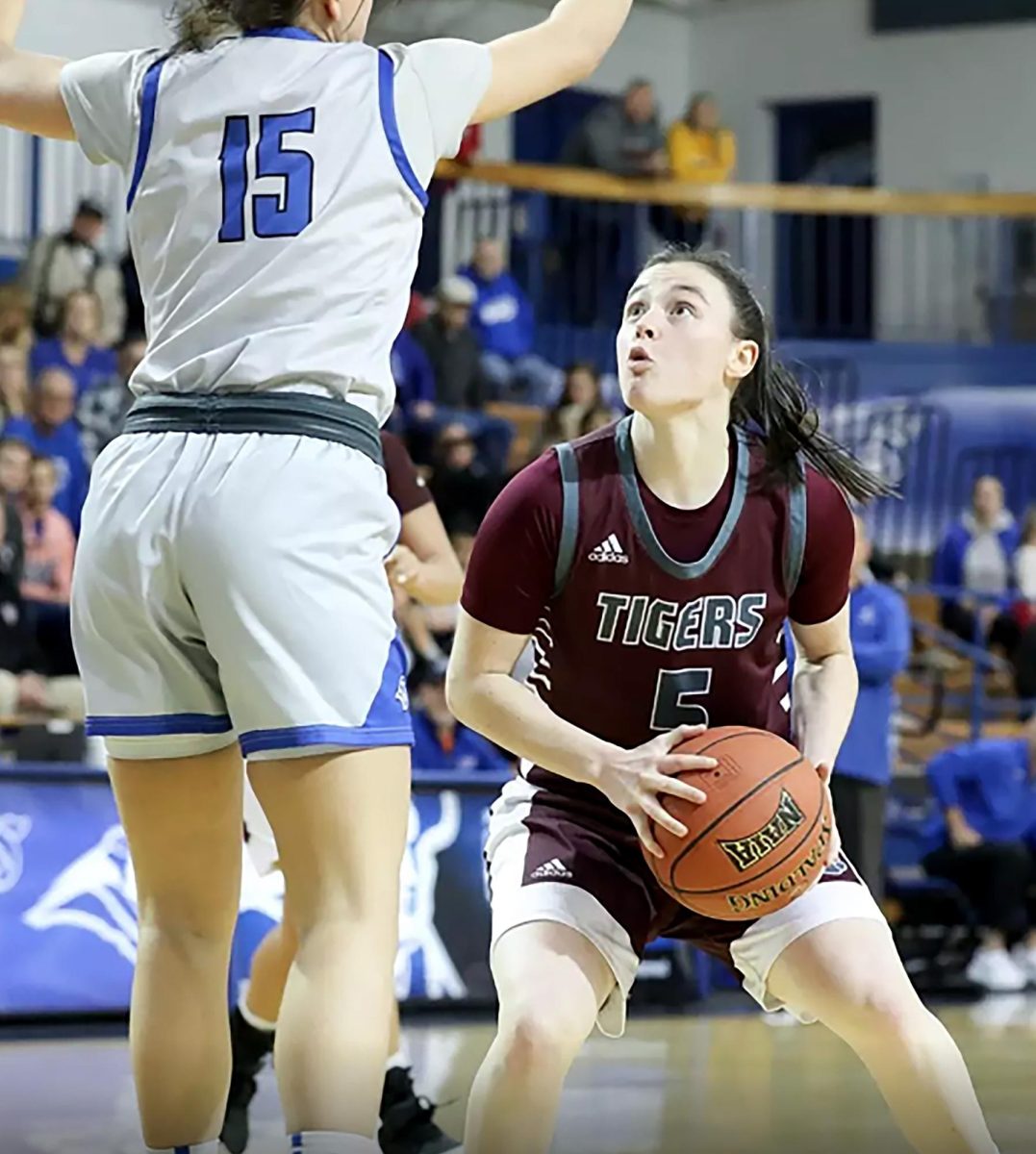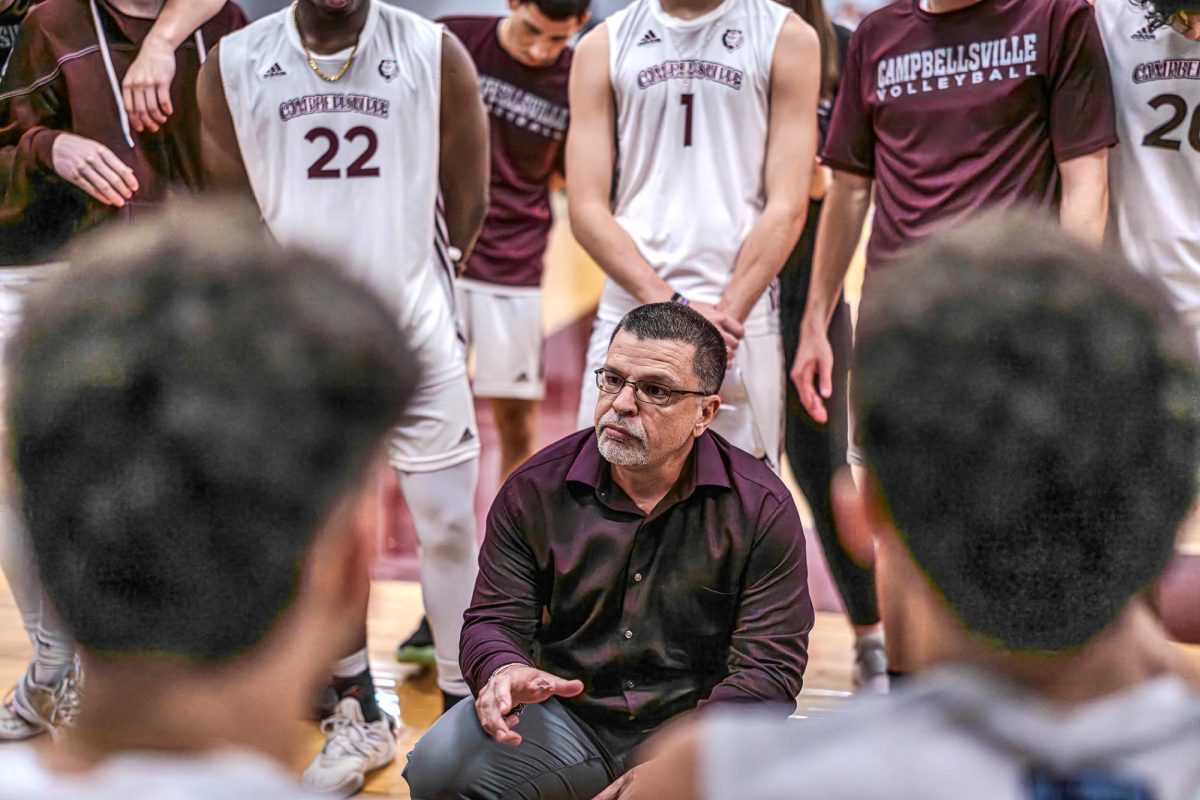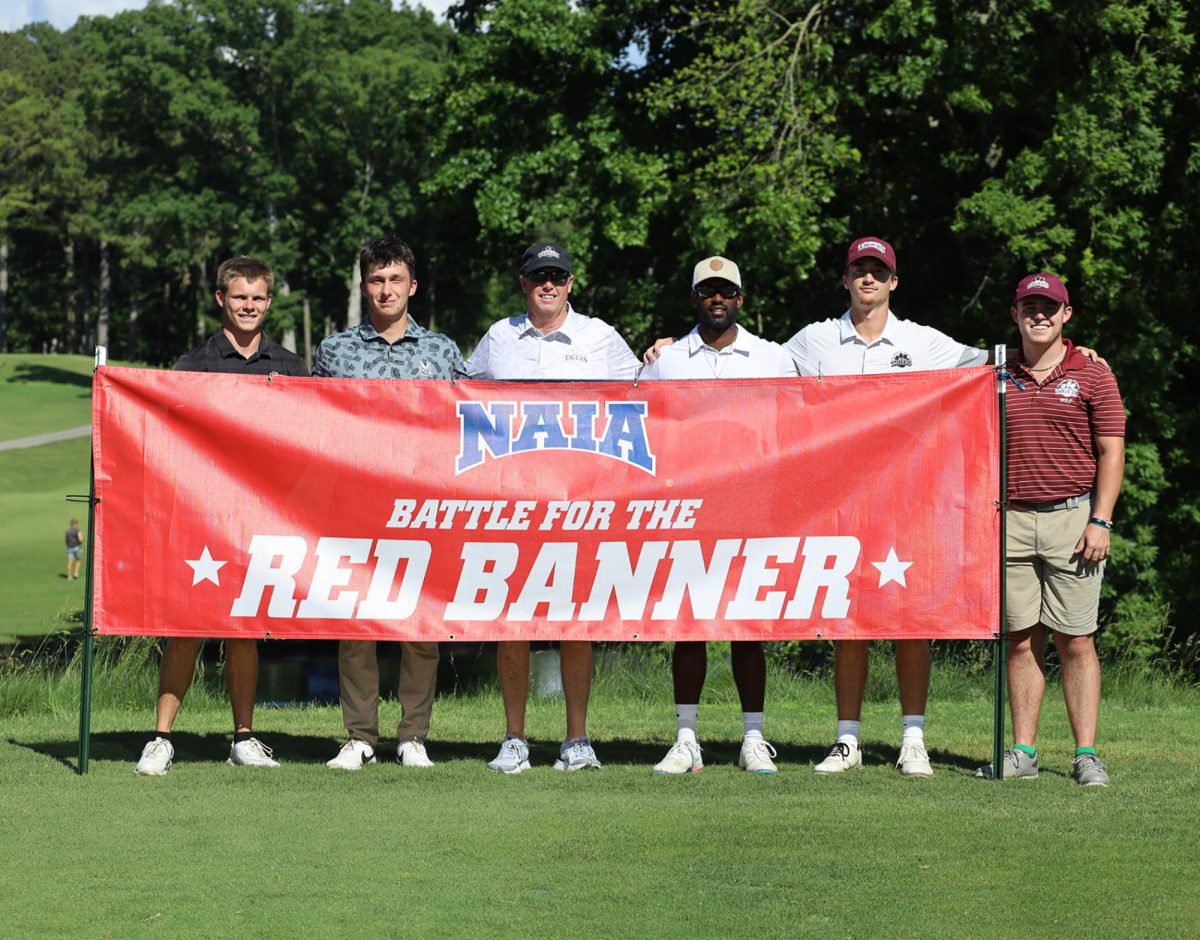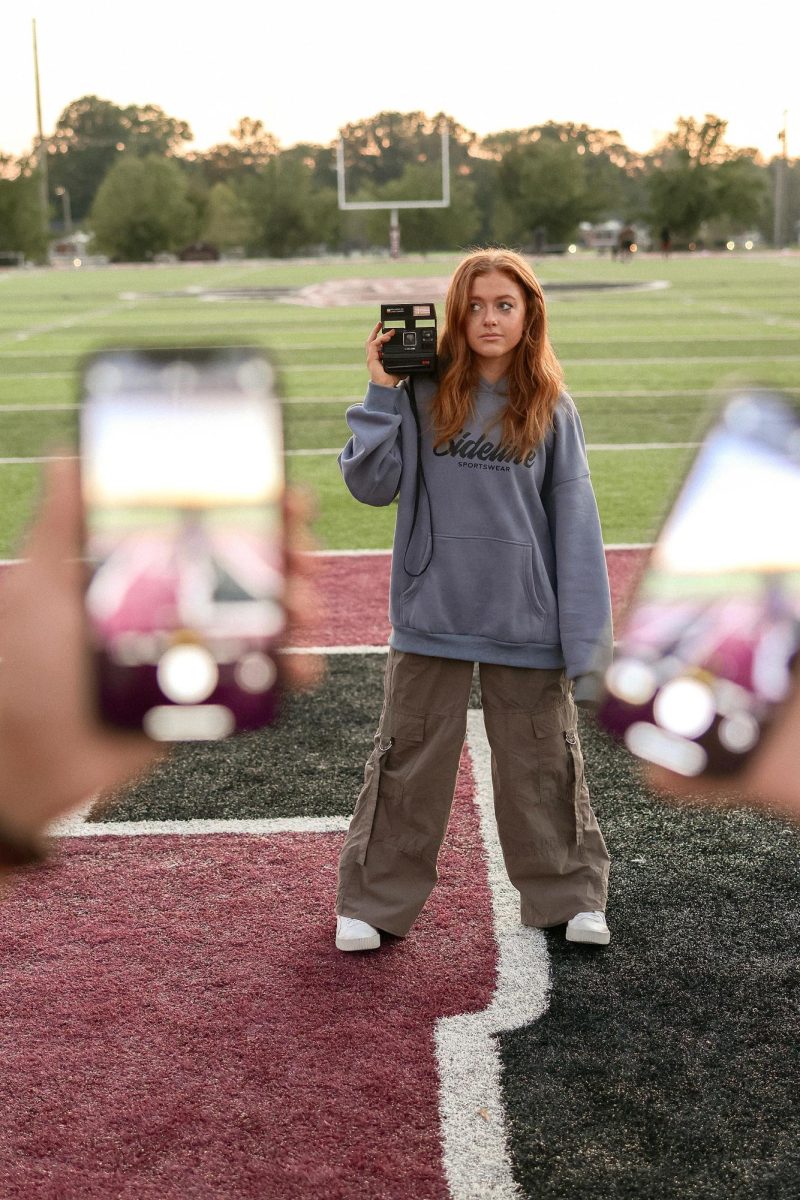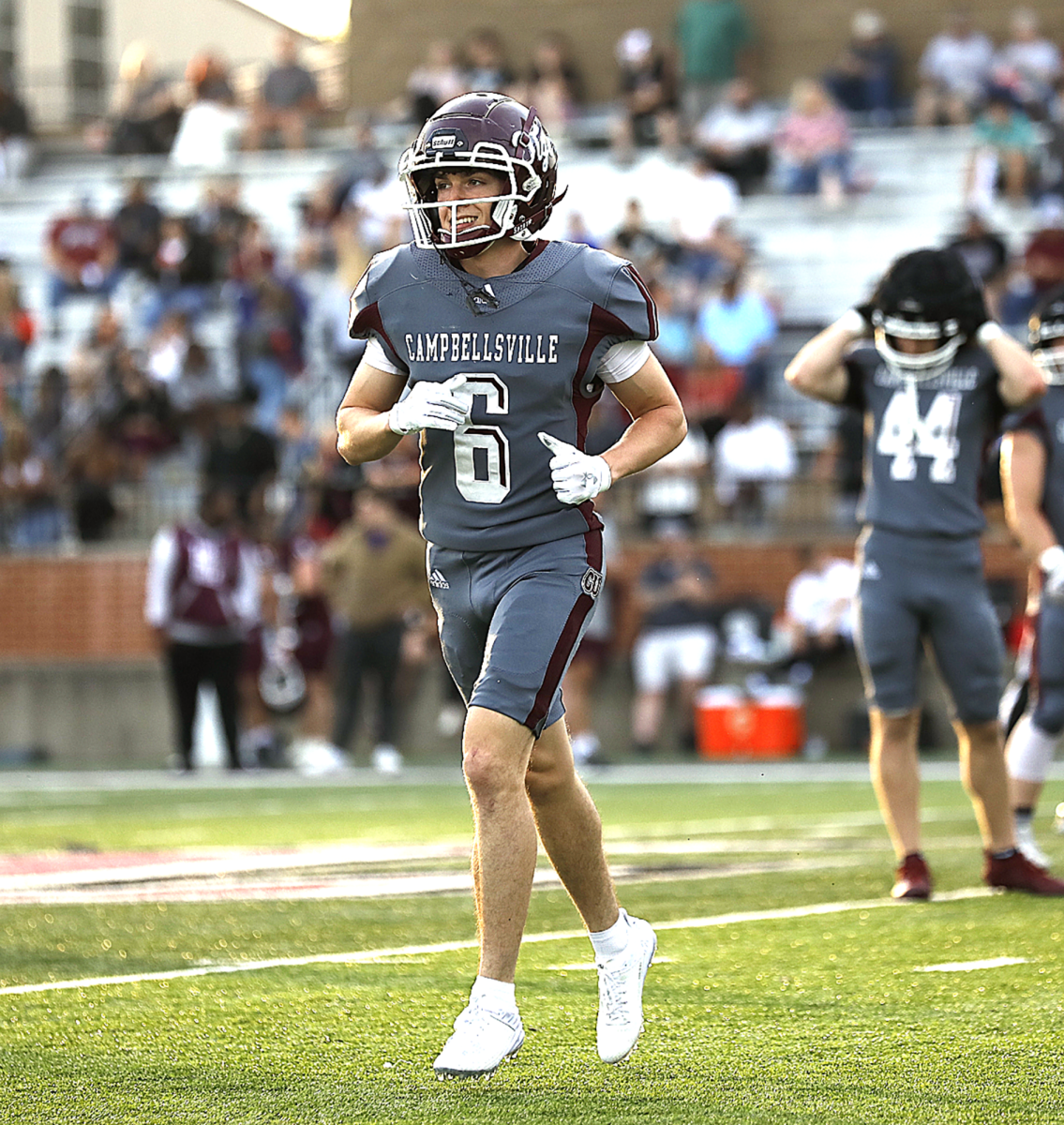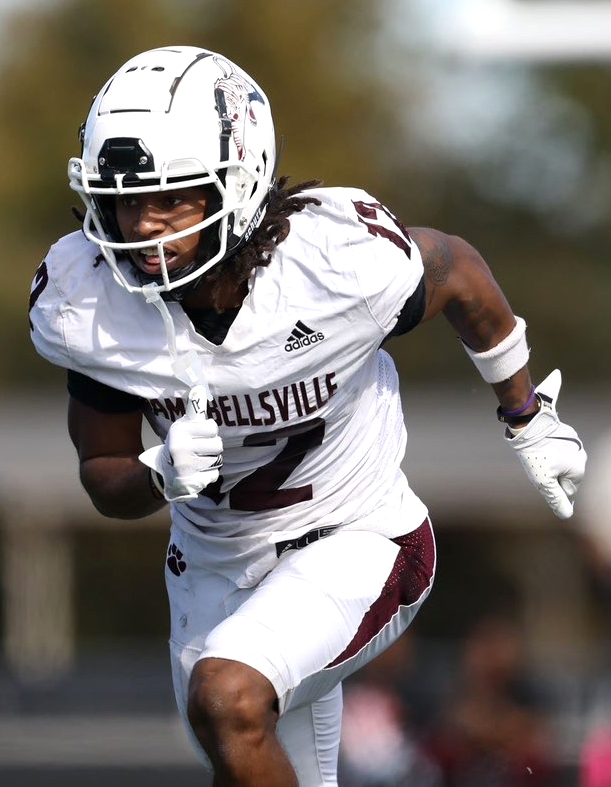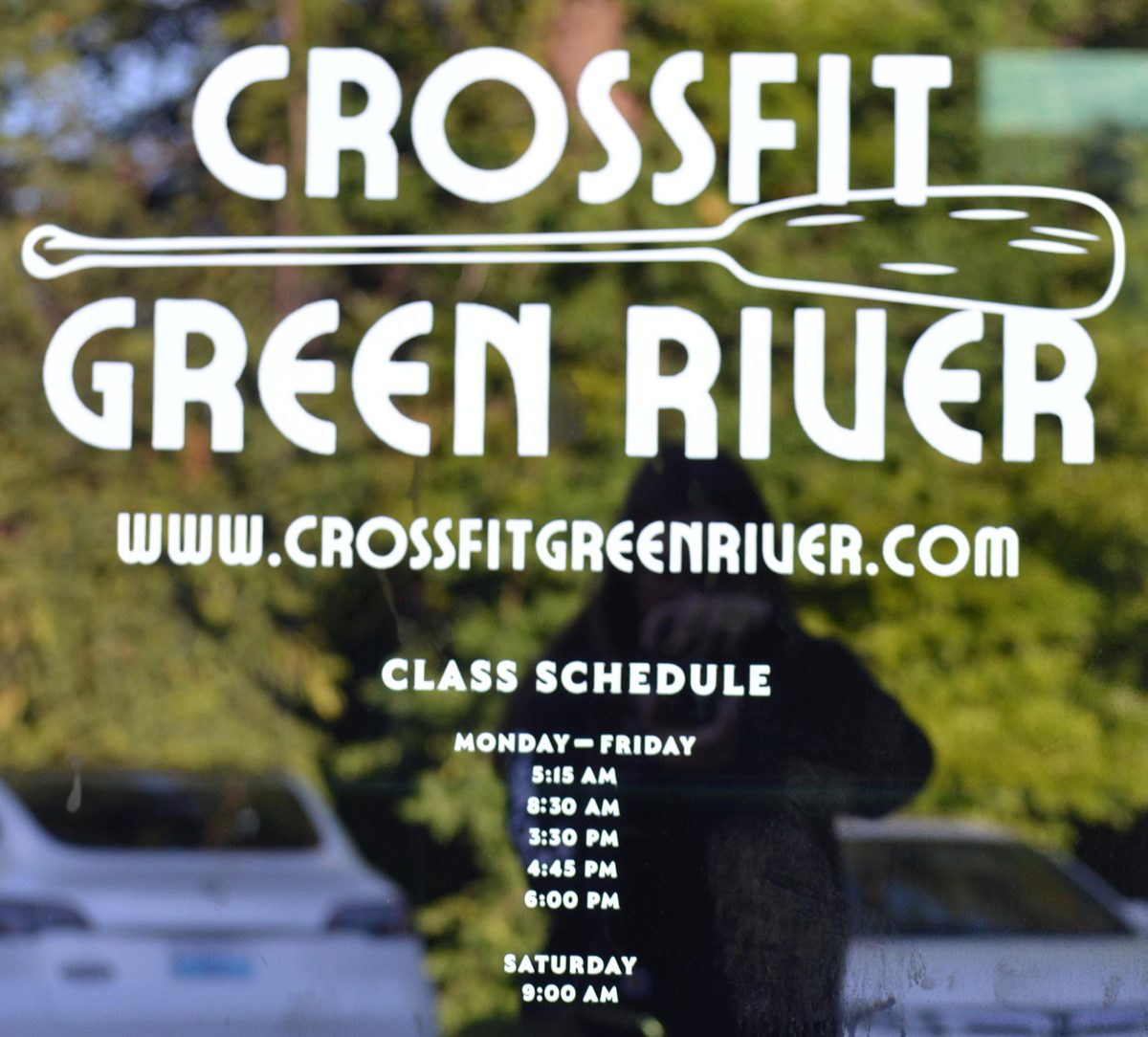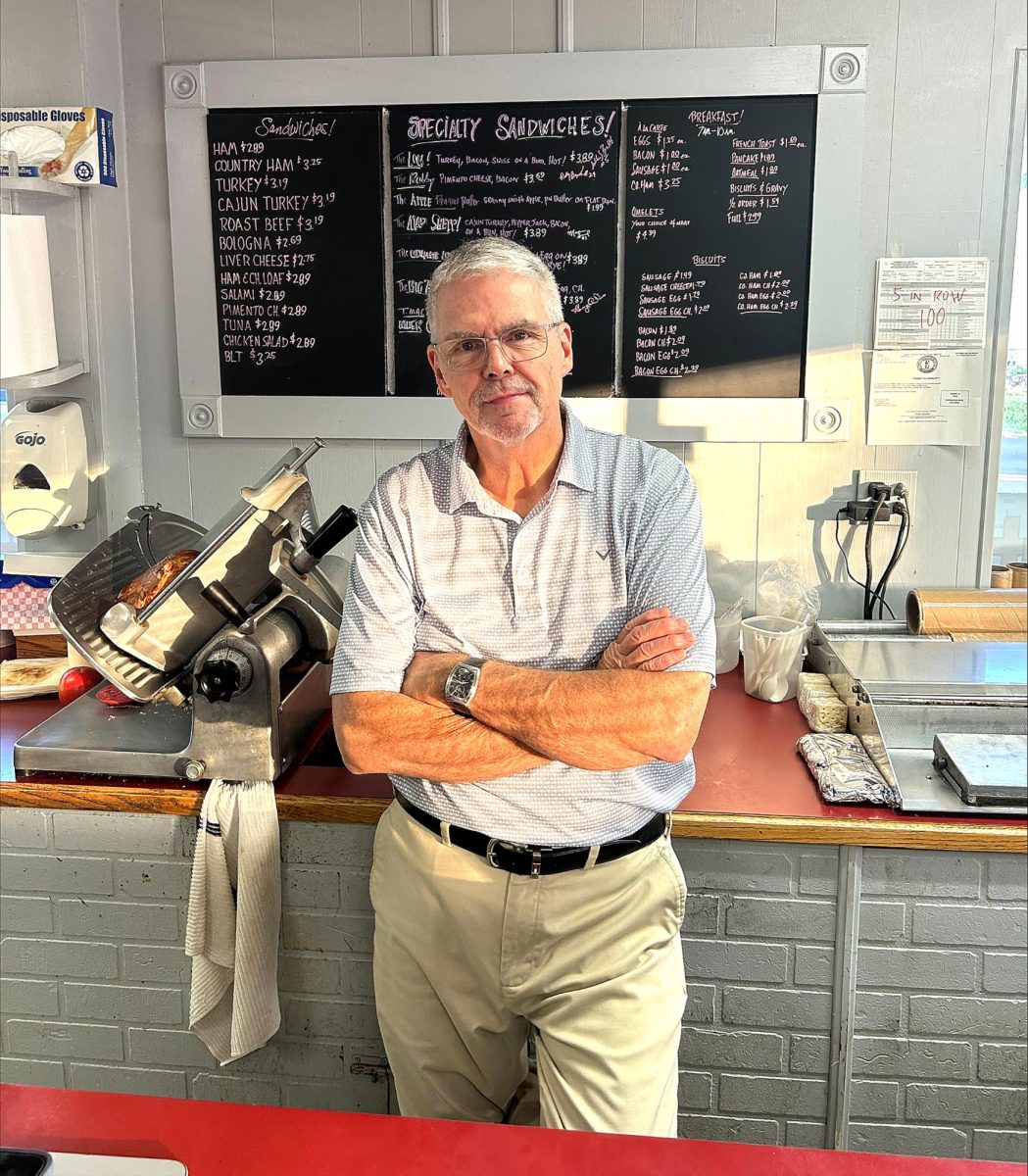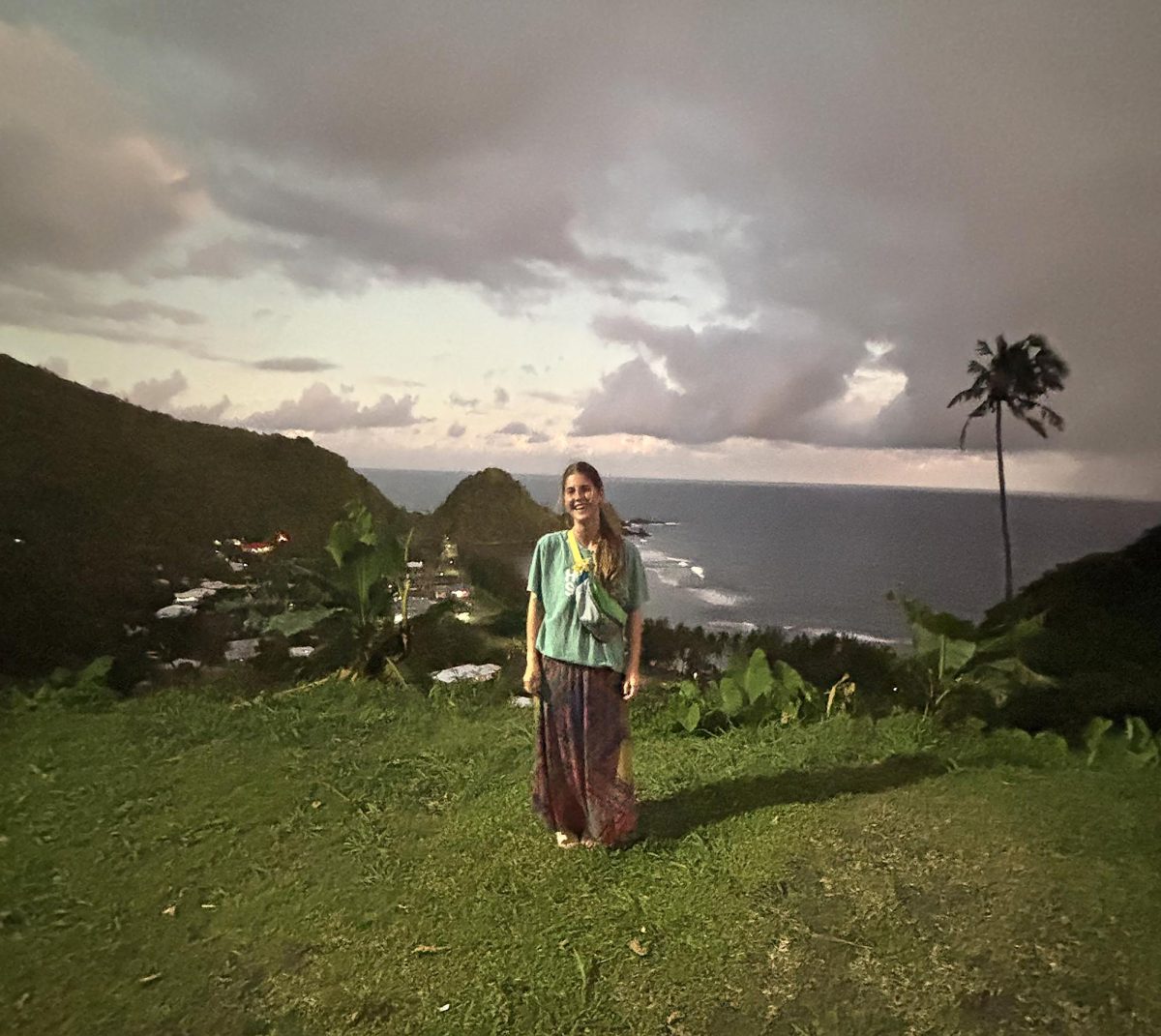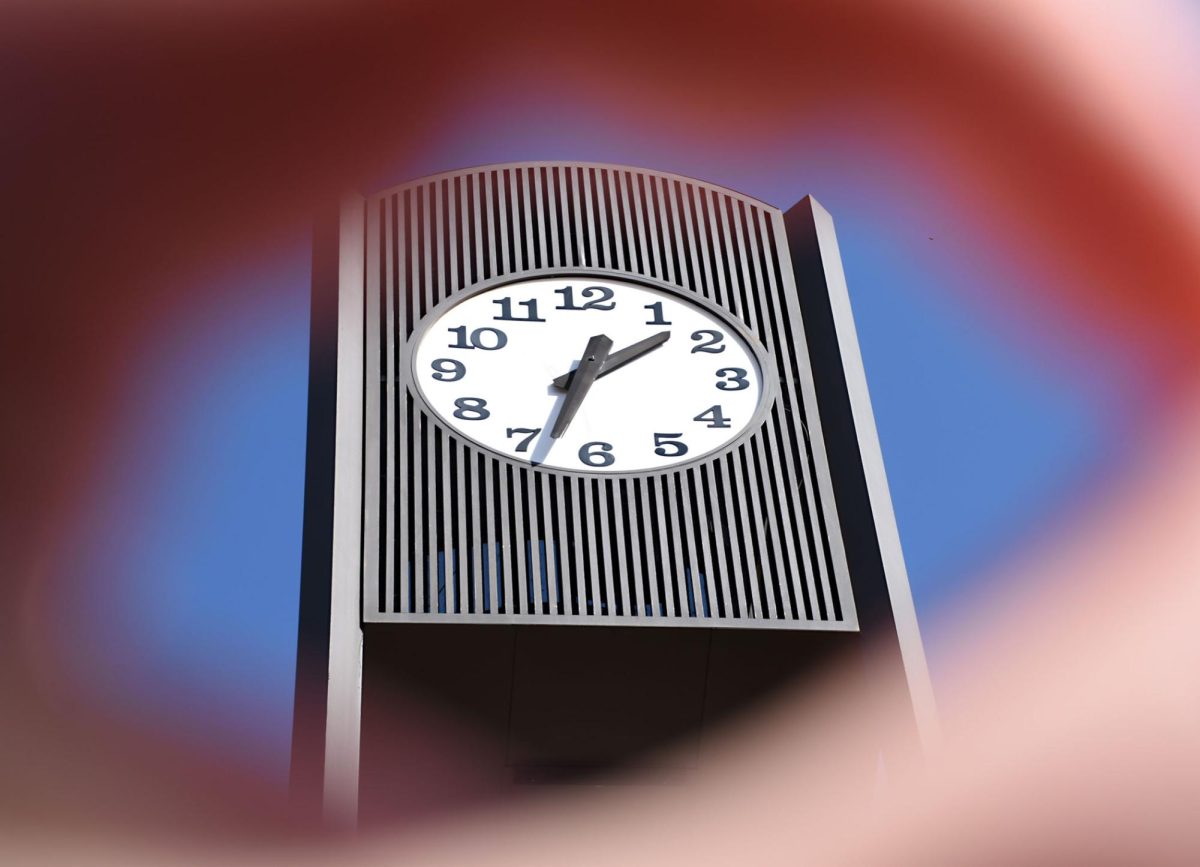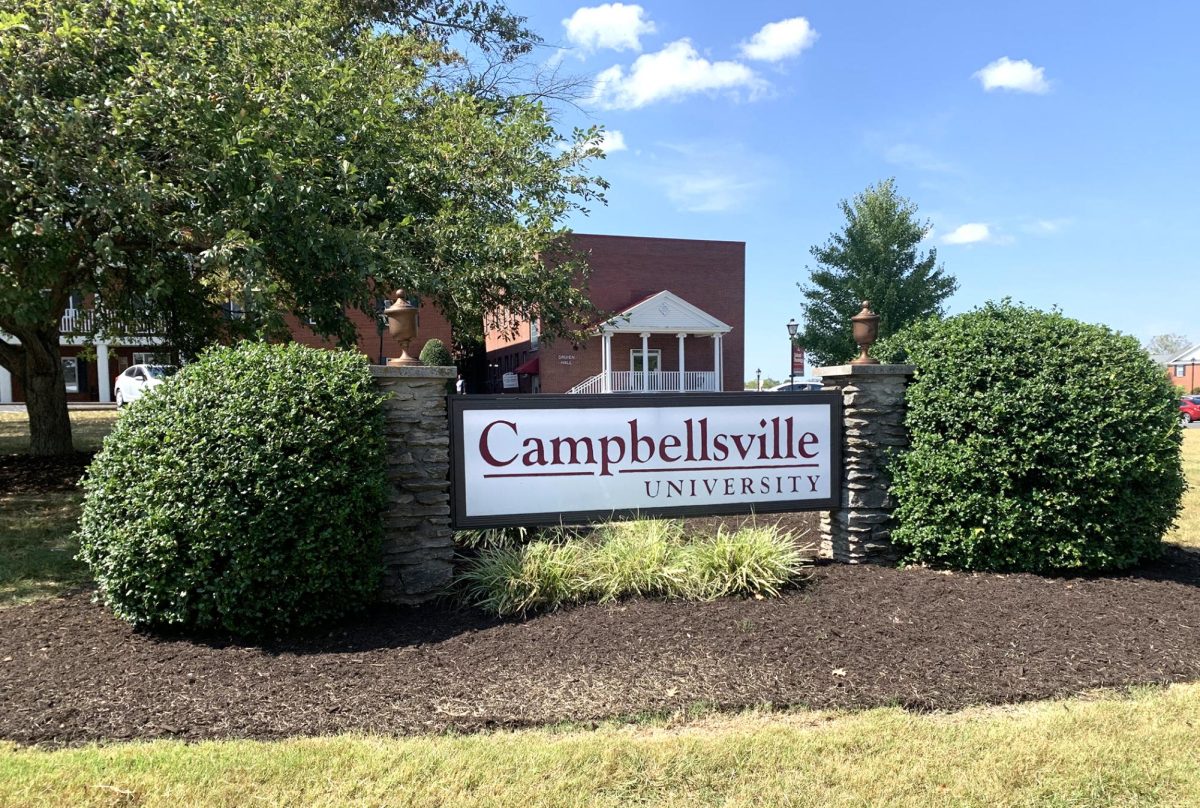Campbellsville University (CU) is a Christian university, but not all its students are Christians.
Senior Samuel Derrickson, a double major in political science and criminal justice, practices Islam, but said he had not reverted to Islam before coming to CU.
“We say reverted instead of converted because we believe that everyone is a Muslim,” he said. “You just have to choose to live your life upon Islam.”
Although he is not Christian, he said he had no problems with taking a religion class, which is a required general education class at CU.
Derrickson said he was not uncomfortable with the class because the course was more “educational, rather than religious.” He didn’t feel like the instructor was forcing Christianity on him because the class was informative in terms of historical facts about Christianity. However, Derrickson feels the religious barrier when he must attend chapel to get credits to graduate. He is currently behind in chapel credits because he feels disconnected from what is preached at chapel. He has tried to go because, sometimes, the chapel is not religious based. CU staff often invite guests who don’t talk about religion, but the ones who do, Derrickson only attends to get the chapel credits and does homework during the preaching.
Derrickson said that to have a good experience attending a Christian university while being of a different religion, you must be open-minded and “stand strong in what you believe in.”
In his faith, he is not prohibited from attending another church if it is for “educational purposes.”
He emphasized that creating a community with people who share the same beliefs can be another great way to improve the experience of a non-Christian student who attends CU.
Derrickson said food is another barrier that can be challenging for an Islamic person because they are not allowed to eat things that contain pork. They can eat other types of meat, but it is difficult to know at the cafeteria what has pork and what doesn’t. During Ramadan, known as the ninth month in the Islamic calendar, Muslims aren’t allowed to eat when the sun is up. As a result, Derrickson said there are some instances when he feels discriminated against for his religion.
“During Ramadan, I asked for a to-go box at the caf, and people were saying that we don’t have to honor that because we don’t believe in that… that’s against Christianity, so you have to figure it out,” he said.
On another occasion, Derrickson said that in a discussion forum, when he disclosed that he practices Islam, one of his classmates had a passive-aggressive attitude toward what he had to say.
He said another significant difference between Christians and Muslims is that Muslims cannot drink, gamble or have parties.
The most challenging difference for Derrickson is that in Islam, they can’t listen to music, and he said that’s tough for him.
“Especially in this modern world because I love music and I have a passion for music,” he said. “But we can listen to music that is not filthy, that is not bad.”
Also, Muslims don’t celebrate holidays such as Christmas, Thanksgiving, New Year, or Easter. Their main celebrations are Eid al-Fitr that is the festival that marks the end of Ramadan, the holy month of fasting, and Eid ul Adha, which commemorates Ibrahim’s willingness to sacrifice his son Ismail as an act of obedience to God’s instruction. So, when people in Campbellsville participate in celebrating those holidays, Muslims just don’t participate since they do not share the same beliefs.
Like Derrickson, CU junior Luis Castro, originally from Peru, doesn’t practice Christianity. Castro is a Catholic who was surprised to learn that CU was a Christian university.
“It was a little controversial at the beginning because although the Bible is the same, it is not studied in the same way as in Catholicism,” Castro said. “It has other points of focus and other points of view that I didn’t know much about and didn’t agree with.”
Castro also shared some strategies for non-Christian students attending CU.
“Maintain your religion, however, also be open to learning about another culture or a new religion that is not very different from ours.”
According to Dr. Shane Garrison, dean of CU Online and professor of educational ministries in the school of theology, during his 15 years at CU, he has encountered a wide variety of students of all types of faiths.
“Students of all faiths or no faith are always welcomed here,” he said. “Never, ever was there a desire to only have Christian students at Campbellsville University or previously Christian Campbellsville College. It was always a place for students of any faith, background and tradition or no faith, background or tradition.”
He said he has never had any problems with any student due to religious differences. If he has ever had a difference with a student, it has been resolved through dialogue and with mutual respect.
Dr. Garrison said when teaching the most basic of theology classes, such as “Christ and Culture,” he covers the main points of Christianity.
“I feel like it’s my job to express the most important beliefs and tenets of the Christian faith,” he said. “It’s to share my love for my students, and certainly my love for God and my love for God’s word. It’s my privilege to get to answer their questions and answer their thoughts about what it means to be a Christian.”
